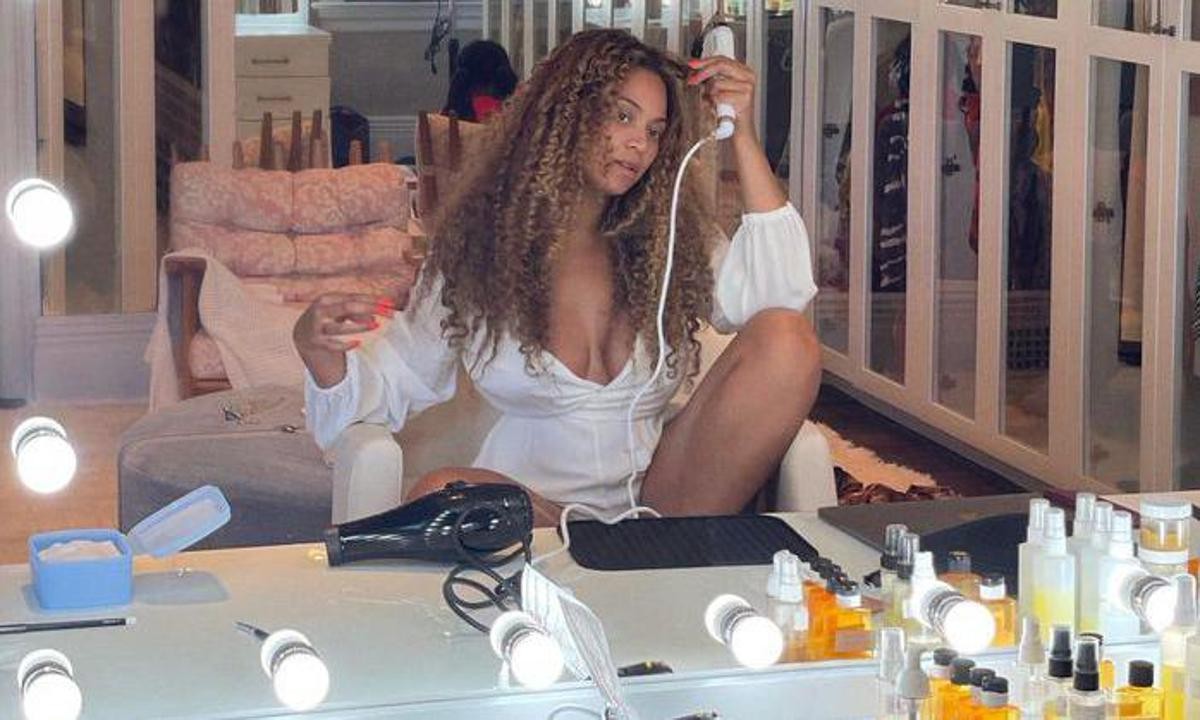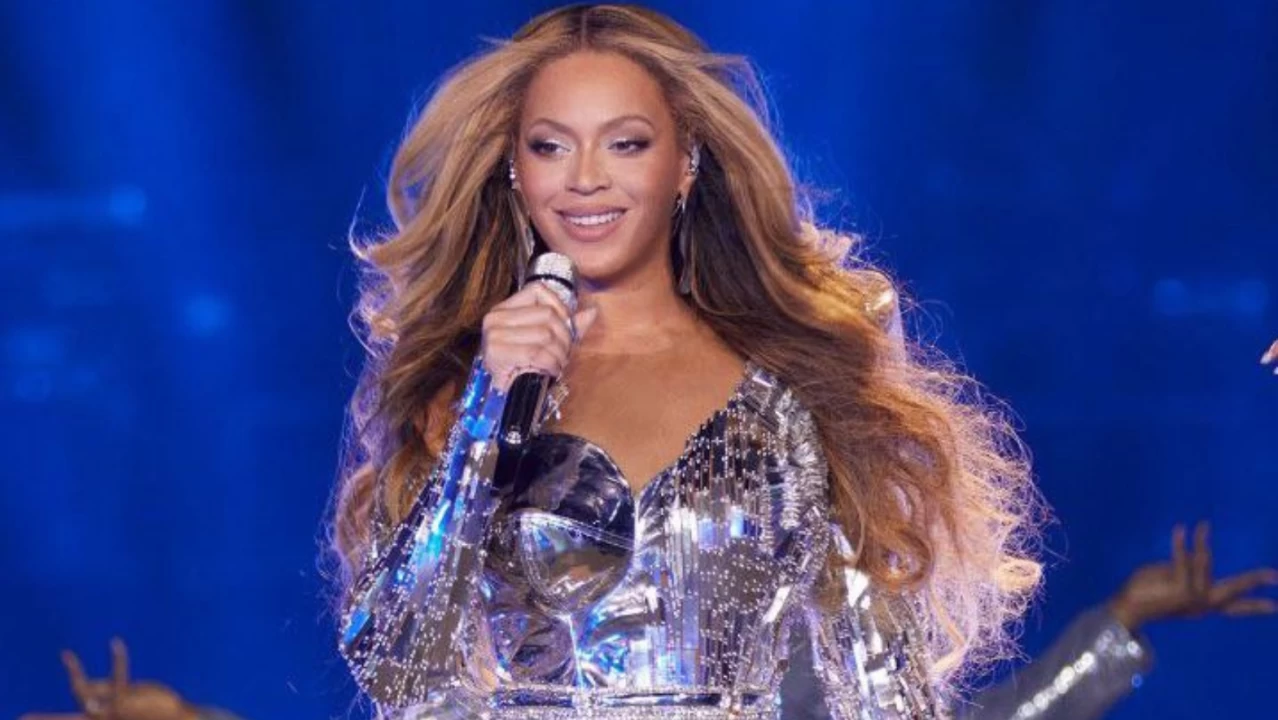Beyoncé's Hair Care Line Announcement Sparks Controversy: Is the Backlash Rooted in Racism?
Beyoncé recently made headlines with the announcement of her upcoming hair care line. However, the reaction to the news has been met with mixed reviews, raising questions about whether the criticism is justified or rooted in racism.
With her natural hair looking vibrant and healthy, fans are eager to get their hands on whatever products she's using. The Beyhive, known for their unwavering support, couldn't be more thrilled. Not only is Beyoncé captivating audiences with her groundbreaking world tour, but she's also venturing into the world of hair care, as subtly hinted in a three-part Instagram post.
While the announcement sparked widespread excitement, it also stirred a wave of unwarranted criticism. Comment sections quickly filled with negative remarks, many of which appear to be steeped in misogynoir, internalized texturism, anti-blackness, and underlying racist undertones.
Amidst the enthusiasm shared by women around the world, some detractors sought to undermine Beyoncé's endeavor. However, it is important to recognize the potential biases and prejudices that may be influencing these negative reactions.
Controversy Surrounding Beyoncé's Hair Care Line: Unfair Criticism or Racially Motivated?
The backlash against Beyoncé's upcoming hair care line has largely centered around accusations of her engaging in a "money-grabbing scheme." However, what is truly shocking is that some individuals find it hard to believe that she possesses knowledge about hair, given that she is often seen wearing wigs.

This assumption not only showcases ignorance but also proves irrelevant to her ability to establish a successful beauty brand. Unfortunately, such comments reflect a broader pattern of criticism that Black women have long endured, particularly when it comes to their hair. It appears that everyone always has something to say about Black women's hair choices.
This double standard becomes apparent when we consider that we rarely question the expertise of white women who launch their own brands. Selena Gomez, for example, was not primarily known for her makeup looks, yet her brand, Rare Beauty, garnered significant support. Similarly, Victoria Beckham transitioned from being a pop star to launching a luxury clothing brand without facing the same level of scrutiny that Beyoncé has encountered.
It is important to recognize and challenge these disparities in how Black women's accomplishments and ventures are perceived and criticized compared to their white counterparts.
Double Standards Exposed: Unfair Criticism Surrounding Beyoncé's Hair Care Brand
Jennifer Aniston, renowned for her iconic hairstyles and professional hair care, faced no scrutiny over her use of extensions or colorists when she announced her highly anticipated LolaVie brand. Throughout her career, Aniston has had the privilege of working with top hairstylists and maintaining her hair professionally dyed since her days on Friends.
It is important to acknowledge the success of women like Aniston in creating brands that align with their personal image. Their accomplishments should be celebrated, and I don't intend to diminish their achievements.
However, why do we not hold everyone to the same standards?
This discrepancy leads to a troubling conclusion: the online commentary surrounding Beyoncé's hair care venture is far more insidious than it initially appears. In fact, many comments insinuated that Beyoncé might not even have natural hair, implying she is unfit to lead a hair care brand. This type of criticism goes beyond surface-level judgments and reveals a deeper bias at play.
It is crucial to address these double standards and challenge the underlying prejudices that influence the public perception of Black women's hair and their ability to enter the beauty industry.


0 Comments